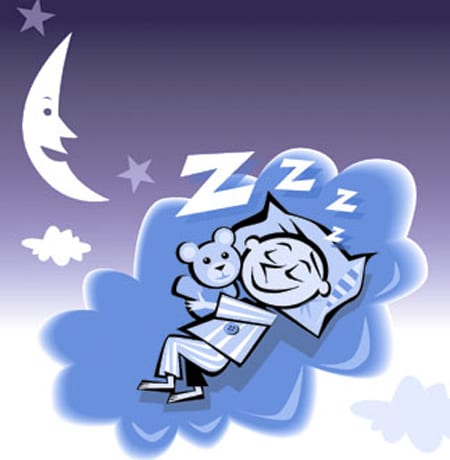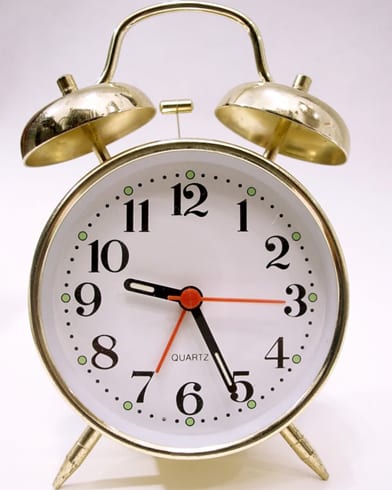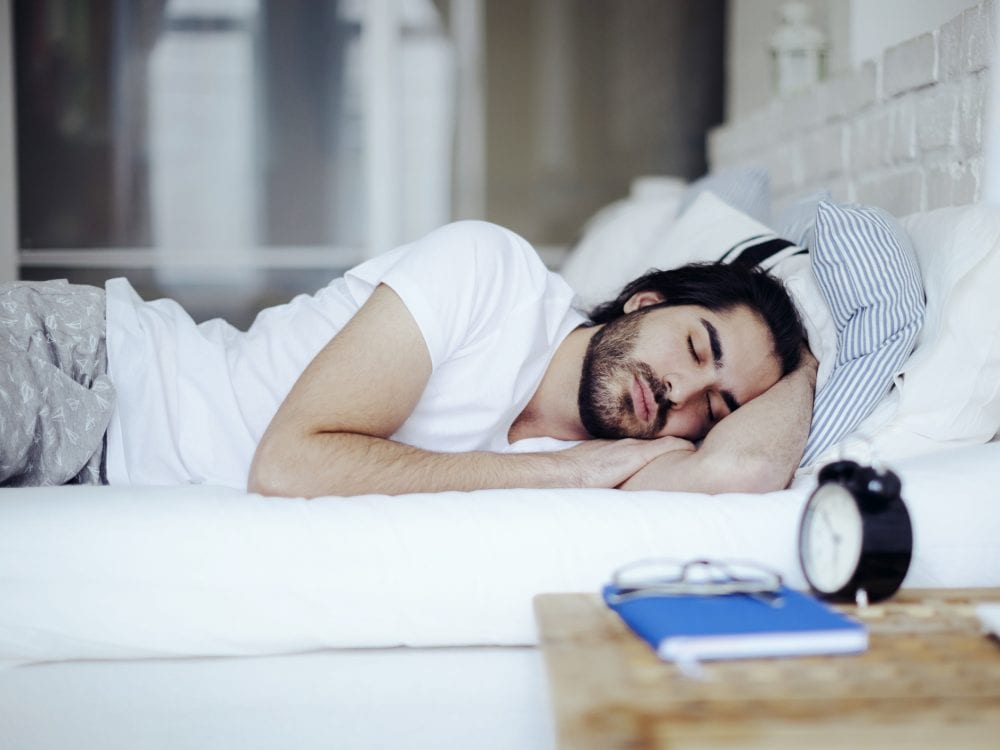WE spend almost a third of our lives asleep, but a third of us are not getting enough quality sleep. And with age, the worse our sleep patterns get. With World Sleep Day on March 13, here’s how to get some seriously good shut eye.
Some of us can get by on four hours, for others it’s a full eight hours, but it’s quality not quantity that counts.
Professor Russell Foster of the Circadian Neuroscience department at Oxford University believes lack of good sleep is ‘causing an epidemic of serious harm to relationships and to physical and mental health.’
Professor Foster says, “so many people are chronically sleep-deprived that it could be said to represent a form of mass social torture.”
“I know the impact a lack of sleep can have, and the damaging ways people try to cope, with sleeping pills and then energy drinks to stay alert.”
So why is sleep so important?
When we sleep our bodies go into work mode. Our immune system releases a type of small proteins called cytokines. If you’re sick or injured, these cytokines help your body fight inflammation, infection and trauma.

Other biological processes occur, including turning food into energy reserves, tissues repair and scientific studies suggest that our brains consolidate memories and we create new ideas, so making a good night’s sleep a priority is as important as a healthy diet and exercise.
What to do
During the morning get some natural light
Ideally 30-60 minutes after sunrise and before sunset.
This has been shown to shift your body clock to an earlier setting so you feel sleepy earlier – and as a result get longer sleep.
Try not to nap
It’s a sign you are not getting enough sleep at night. But if you must then it should be for 20 minutes only. Any longer will leave you feeling groggy. Don’t nap within six hours of your usual bedtime.
Don’t exercise too late
Close to bedtime can be a problem for some as it raises your core temperature and falling asleep involves a drop in body temperature.
Heating up due to exercise may override this drop. Do it one to two hours before going to bed.
Eat in the morning and middle of the day
Our digestive processes slow down towards bedtime, so if the major meal of the day is close to bed it can lead to problems such as excessive stomach acid and a greater risk of acid reflux.

Careful with the coffee
Caffeine peaks in the blood around 15/45 minutes after consumption and significant levels of caffeine remain in circulation for five to six hours afterwards. From later afternoon stick to decaffeinated drinks or herbal teas.
Before bed dim the house lights at least thirty minutes before going to bed
Apart from lowering alertness reducing lights psychologically prepares you for sleep. Bathroom lighting can be really bright, so think about how you can reduce lighting levels here.
Don’t worry about blue light
You might have read about the blue light from digital devices delaying sleep. The argument is this type of light shifts the body clock. But a new study by Harvard University showed that these lights only delay sleep by less than ten minutes. The bottom line is the impact of the light from digital devices is unclear, however using phones or computers makes the brain more alert.
Don’t argue and write a list
It goes without saying try not to discuss stressful topics immediately before bed. It can be difficult, as this may be the only time for many couples to talk about important matters, but the release of the stress hormones cortisol and adrenaline will increase alertness and delay sleep. Some people find the simple act of writing a list of things they need to do the next day stops their minds racing.
Check the temperature, it should be between 18-22°C
If you wake up don’t panic, it doesn’t mean you won’t go back to sleep, but it’s important not to activate your body’s stress responses by staying in bed and becoming increasingly frustrated. You could try getting out of bed doing something relaxing, reading a book or listening to music – preferably not Guns and Roses – before returning to bed. The key is to avoid caffeinated drinks, doing emails or social media.

Are you getting enough?
The simplistic answer is that we all need between 7-8 hours in every 24-hour period. The record for going without sleep was set in 1964 when a 17-year-old student went without sleep for 11 days 24 minutes. By the end, he could hardly speak or process information, concentrate and experienced hallucinations and paranoia. Although this is an extreme, most of us show a lack of performance after one night of disturbed sleep and after three nights are functioning below par.
So is this you?
- Do you need an alarm clock to wake up?
- You sleep in on the days you don’t need to get up for work
- It takes you 20 minutes or more to wake up and feel alert
- When woken you want to go back to sleep
- You feel sleepy or irritable during the day
- You find it difficult to maintain concentration during the day
- You crave sugar and caffeinated drinks first thing and again during the day to stay alert
- You suffer from mood swings, anxiety, have a negative view of the world and feel depressed
The fascinating things your body does just before and while you are sleeping:
7pm-9pm – Body temperature peaks then starts to drop, which is important for sleep and then continues to drop until a couple of hours before you wake
9pm – Melatonin release starts – a marker for the brain that it is night time to prepare it for sleep
8pm-10pm – Lowest release of endorphins, the chemicals produced by the body to relieve stress and pain. This helps body wind down
10pm-midnight – Peak in allergic reactions because of a rise in immune cell activity that may disturb sleep
Midnight-2am – Your drive to sleep is at its highest. Growth hormone levels rise to help building and repair of tissues
2am-4am – Melatonin levels peak – this hormone tells brain it’s night time and body temperature drops to its lowest
6:45am – Blood pressure rises, getting more oxygen and nutrients to organs in readiness for activity
6am-8am – Cortisol levels peak mobilising the body for activity increasing heart rate and the release of glucose into the bloodstream for energy. Melatonin stops being released at 7.30am
8:30am – Bowel movement likely – we rarely have one during the night as digestion slows so it does not interrupt sleep












Very nice and helpful information about sleep. There are some helpful sleep tips and advice such as maintain a daily bedtime routine, go to bed early, take light dinner, some exercise before bed, take a bath, comfortable room environment, turn off lights, television, & wifi devices, use a comfortable mattress, etc. Thank you for share this useful information.
Andre